
Read offline
Recommendation
Knowledge management (KM) experts Dr. Carla O’Dell and Cindy Hubert present a framework for determining your organization’s “critical knowledge,” which includes what you know about your customers, your technology and technical capabilities, your manufacturing and distribution, your marketing strategies, your internal and fiscal policies, your corporate history and future plans, and more. They help you construct a strategic business case for KM, select the right KM programming and incorporate it into your employees’ daily work, while demonstrating how to take advantage of emerging technologies and mobile devices to build networks and share knowledge. getAbstract recommends this useful guide to planning, launching, implementing and managing an effective KM program to managers, HR professionals and other executives looking for a road map to knowledge management.
Summary
About the Authors
Carla O’Dell holds a doctorate in organizational psychology and is president of the American Productivity and Quality Center (APQC). Cindy Hubert is executive director of APQC’s Advisory Services.








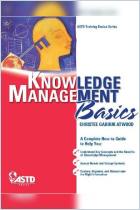
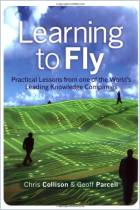
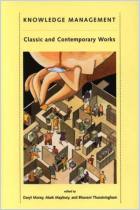
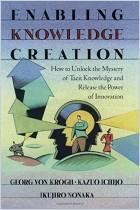
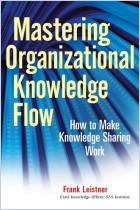
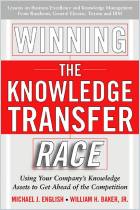



Comment on this summary or Start Discussion